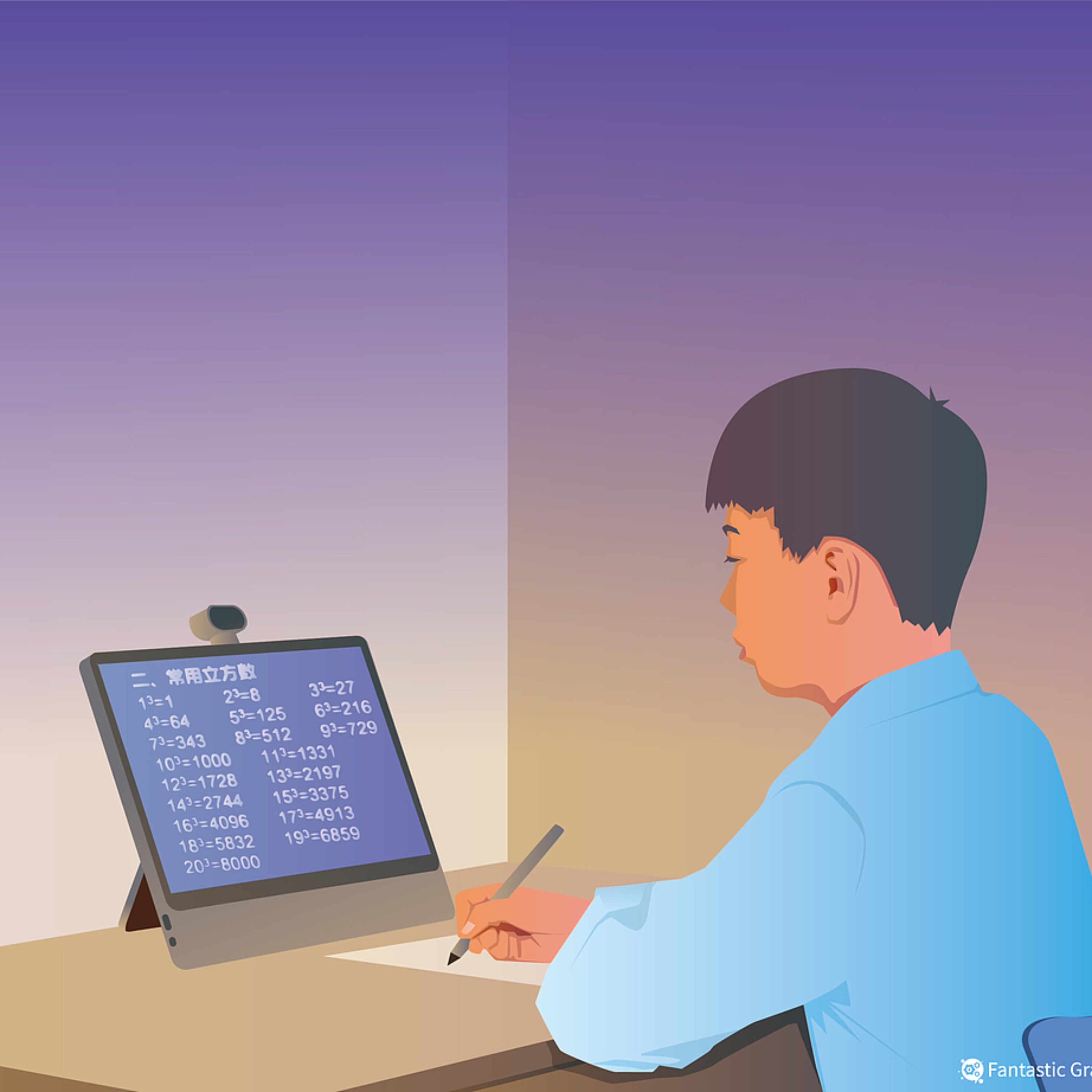
Deep Dive
What is an AI study room?
An AI study room is a learning space that combines traditional self-study environments with artificial intelligence technologies. It provides students with AI-powered learning tools, personalized study plans, and offline supervision to enhance their learning experience.
How are AI study rooms different from traditional study spaces?
Unlike traditional study rooms that only offer a quiet space for self-study, AI study rooms integrate AI-powered learning tools like tablets with intelligent learning systems. They also provide offline supervision and custodian services to support students comprehensively.
What are the advantages of AI study rooms for students?
AI study rooms offer personalized study plans tailored to individual progress, real-time feedback, and fun, engaging ways to learn. They also streamline the learning process by providing immediate corrections and adaptive learning strategies.
Why might some parents be skeptical about AI study rooms?
Some parents are concerned about the quality of AI-generated lessons, the potential for students to rely too heavily on AI, and the risk of students finding traditional teachers less engaging after using AI tools. There are also worries about the lack of oversight in the industry and the possibility of copyright piracy.
How much do AI study rooms typically cost in China?
The national average monthly fee for AI study rooms is between 800 and 1,000 yuan (about 137 US dollars), which is similar to the cost of traditional offline custodian services.
What is the business model of AI study rooms?
AI study rooms operate through various models, including direct operation by large educational institutions, brand authorization for smaller players, and collaborations with public institutions like schools and libraries. They offer multiple pricing options, including pay-per-use, membership plans, and purchasing hardware or software separately.
How does the double reduction policy in China affect AI study rooms?
AI study rooms are not considered a violation of the double reduction policy, as they focus on providing support and supervision rather than teaching curricular content. The policy aims to reduce excessive homework and extracurricular tutoring, which AI study rooms avoid by not offering traditional tutoring services.
What are the key applications of AI in education according to Beijing's guidelines?
Beijing's guidelines for AI in education focus on AI-assisted learning, predictive capabilities for learning diagnostics, and precision teaching. These tools help identify student progress, areas needing improvement, and provide tailored learning support.
What are some potential drawbacks of AI study rooms?
Potential drawbacks include students relying too heavily on AI for answers, the risk of manipulating AI systems, and the possibility of low-quality or pirated content being used in some platforms. There is also a concern that students may find traditional teaching less engaging after using AI tools.
- AI study rooms combine traditional study environments with AI technologies.
- They offer AI-powered learning tools, offline supervision, and custodian services.
- Located near schools and residential areas, they provide a structured study environment with personalized support.
Shownotes Transcript
AI has been present in the education sector for quite some time, but it's now found in study rooms, creating an environment that balances self-study with the presence of teacher-like support. The benefits for students are numerous; however, some parents remain skeptical. What exactly is an AI study room, and how popular have they become? On the show: Steve Hatherly, Niu Honglin & Laiming
